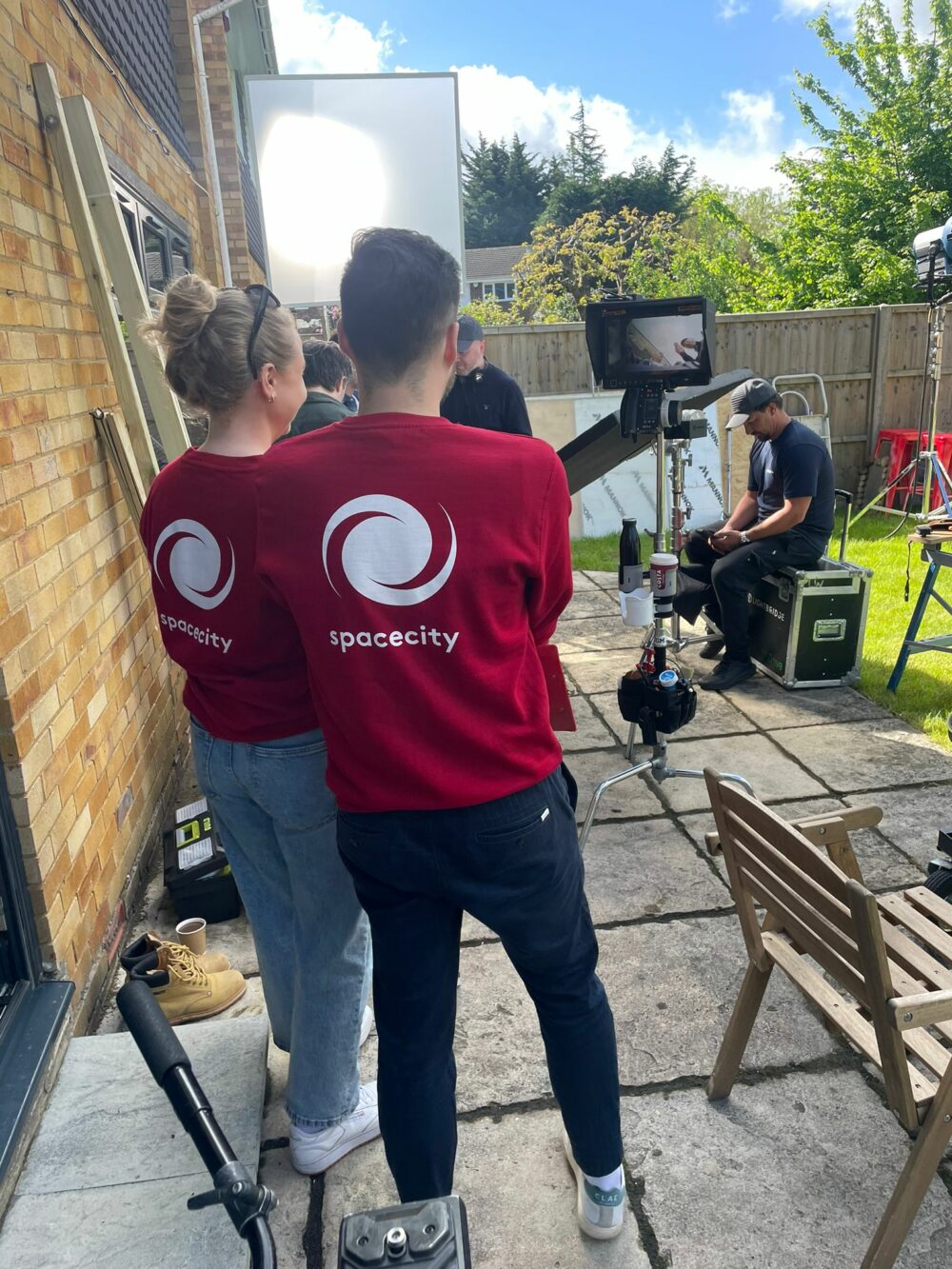The quality and trust in advertising and journalism has waned in recent years, but what can your business do to ensure that industry faith is restored?
JOURNALISM Quality and trust has been in decline in recent years, but with a lack of trust in overall narratives, advertising has also been impaired.
Although different industries, managed by different individuals and for different purposes, both agencies/production companies and news outlets are intrinsically linked and co-dependant on one another in many contexts.
Firstly, as agencies look to increase their own exposure to appeal to businesses, the nature of the initiatives they devise and adverts they produce will be delivered to appease and placate the narratives desired by those in the press.
No industry or business should be held to ransom, or be impelled to deliver adverts of a certain ilk to compliment agendas or situations, which may ultimately bare little or no relevance to an advertising campaign and the business it has been produced for.
In a world driven by impulse, convenience and instant gratification through online, the advertising industry has both innovated to facilities improvement and immolated itself.
To create the headlines that ensure businesses gravitate to them through their own internal PR and ambitions, some companies are peddling unsubstantiated virtues that ultimately mean nothing to them – haemorrhaging consumer trust.
While both journalism and advertising have endured stark declines in trust levels, that in itself does not conflate to a interconnected pattern, but given the nature of why trust has declined in both entities, such a conclusion can be drawn.
The Advertising Association in the UK released figures illustrating the plight both entities are facing, with trust in adverts dipping to just 35% amongst the UK population.

Similarly within the world of journalism, just 32% of the overall population – in the US that is – trust the media and what is disseminated (source Milo Yiannopoulos and Gallup).
Ultimately, the media sector and advertising industry can only blame themselves for the issues that currently blight the businesses they serve.
With trust only declining, ROI online is proportionately declining in comparison to TV, thus the drive from agencies and businesses should not be to try and replicate the brand centric advertising successfully implemented on TV, but ensure that integrity, honesty and credibility are upheld.
Online is not regulated in a sense of it needing any pre-advertising clearance, but any pious statements and initiatives; mendacities that have no purpose, but to add leverage to their sales potential, will eventually lead to a declination in ROI, trust and long-term affirmation.
Thus anything that is stated, promised or implied within an advert – or news story for that matter – and is not ultimately truthful or delivered on, will ensure that brand trust is eroded and efficiency falls.
Journalism therefore needs to adopt more of a fact-based approach, with actual quantifiable claims, which can ultimately ensure that the advertising industry can follow suit.
In the world of marketing, being immersed in the trends, fads or initiatives that are populist maintains relevance and exposure above-the-fold for longer – perpetuating the very issues that are pernicious to brands.
Data confirmation has been widely adopted tactic, but more elucidation is imperative if trust is to be restored in advertising.
Ultimately, for businesses to thrive as they advertise, journalists need to celebrate actual business achievement more and how it is garnered, not just arbitrary comment that serves only to foster uncertainty and distrust.

With so much conjecture regarding what is truthful and just disingenuous PR, consumers are not being served in an efficient fashion.
Online, people do not have the time to research facts to substantiate claims made in articles, thus will either simply believe what they see credulously, or will simply ignore everything they see within these channels.
Therefore, the drive from all interdependent sectors: journalism, advertising and wider business as a whole, need to focus on actually catering for their consumers.
More involvement and appraisal needs to be ensured from the consumer side, acting as a barometer for the honesty of publications, businesses and agencies for instance – the most trustworthy companies are endorsed by actual people.
In order to foster increased ROI, you need to cultivate conversation between potential consumers – it will not be achieved while trust remains nearly half of that enjoyed between friends and family for instance.
Emotionally, consumers will only recommend your business if trust is inhabited within it -something that cannot be achieved through journalism that does not inherently tell the truth.
Space City has been producing TV, online and radio campaigns for over 25 years, delivering the highest spending TV commercials-per-member-of-staff in the UK.
Contact the team now and ensure that you embody honesty and integrity within your advertising, thanks to TV’s inherent credibility and cognitive leverage.


